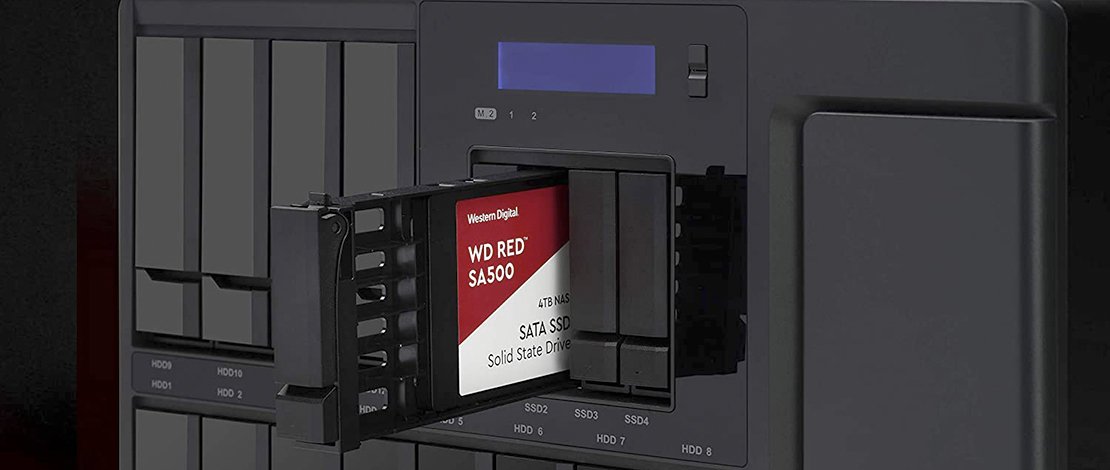

Software: All NAS units run an operating system that's usually a scaled down version of Unix or Linux. There's no need to pay extra for Wi-Fi if you don't need it. Some newer NAS models include built-in Wi-Fi, but they are not as popular. Wired connections are still the best for performance and reliability. Connectivity: Most NAS boxes connect to your network via a wired gigabit connection to your router. If you need more than 40TB of storage, you'd be better off (cost-wise) with a rackmount solution rather than portable NAS device. In terms of capacity, you'll want at least 8TB to 12TB for a department and 20TB to 40TB for a small business. Even speedy SSDs have reached 2TB capacity which is double what one could purchase about a year ago. Today, you can purchase traditional platter drives with 10TB of capacity. Storage Capacity: One development driving the popularity of small NAS solution is drive capacity. What Are the Best Things to Look For in a NAS


 0 kommentar(er)
0 kommentar(er)
